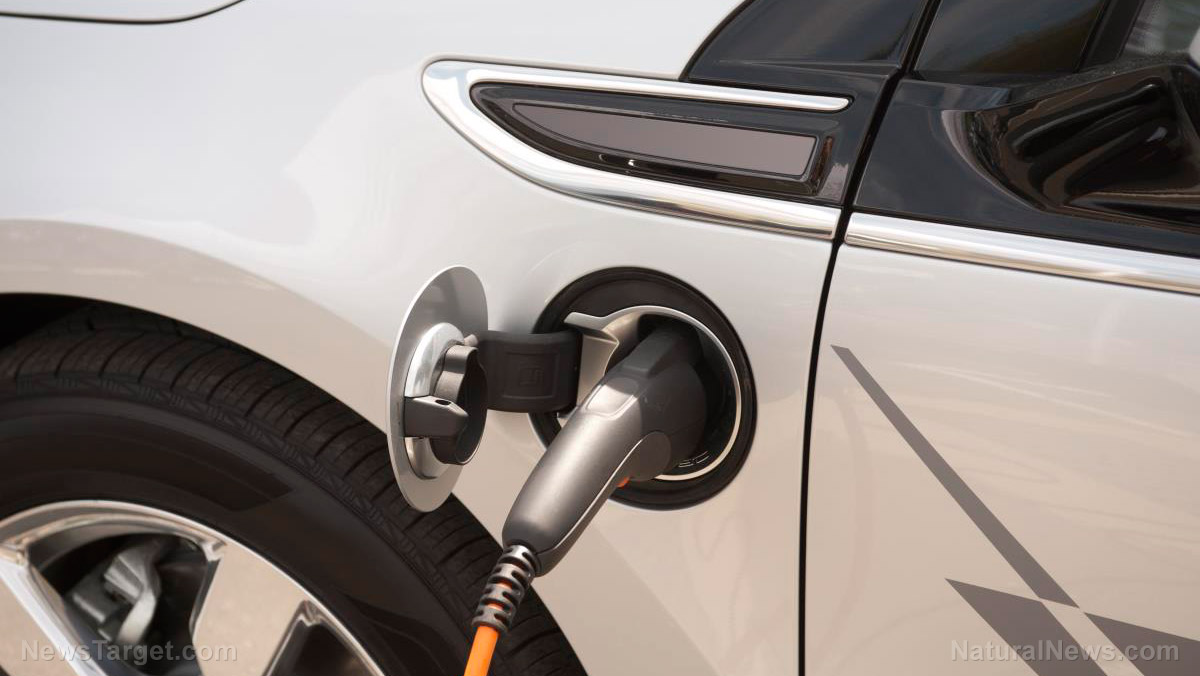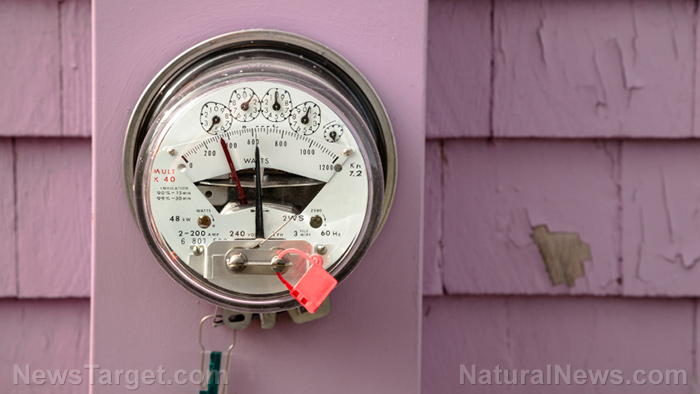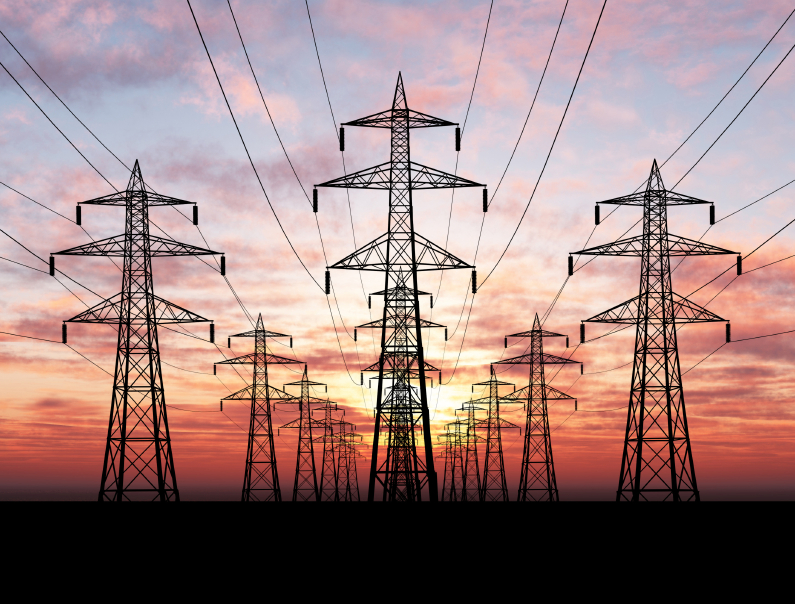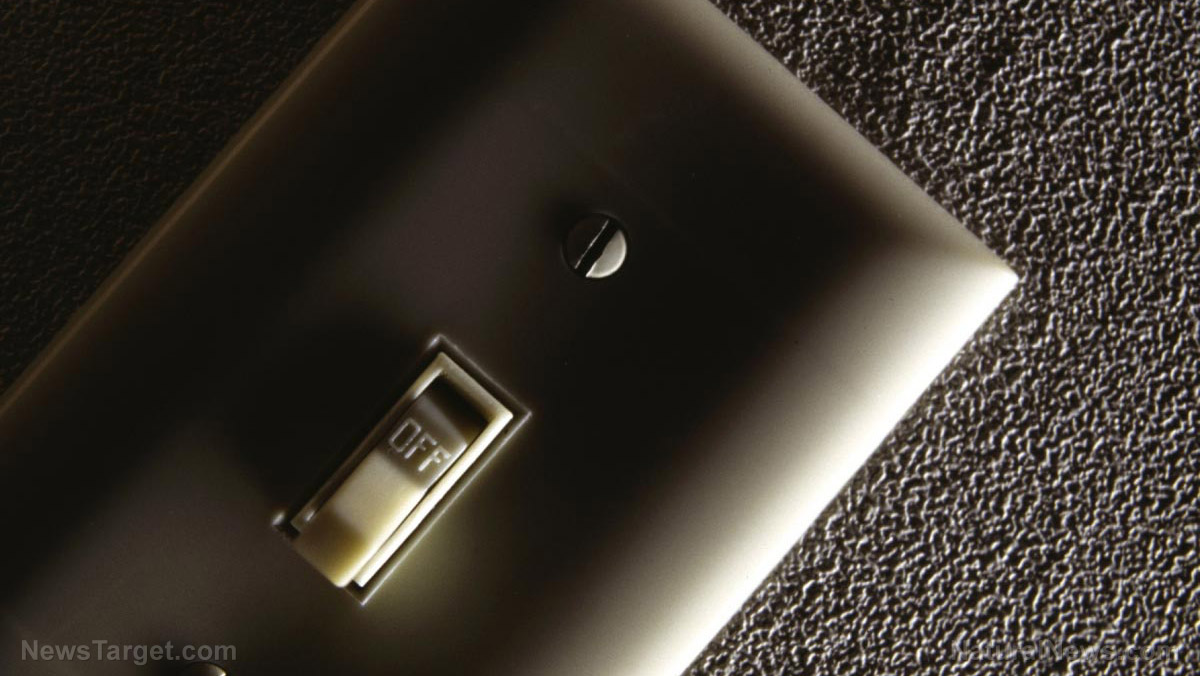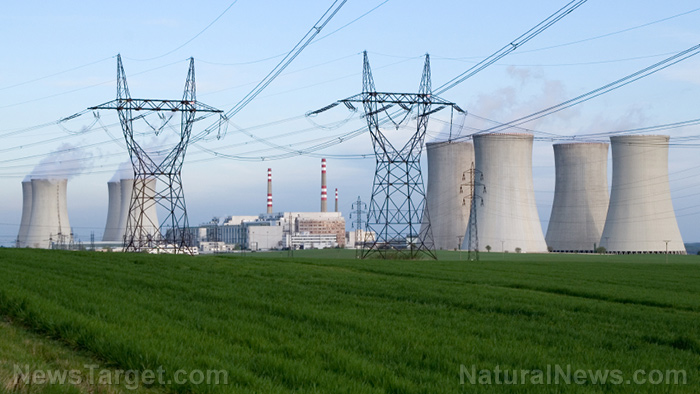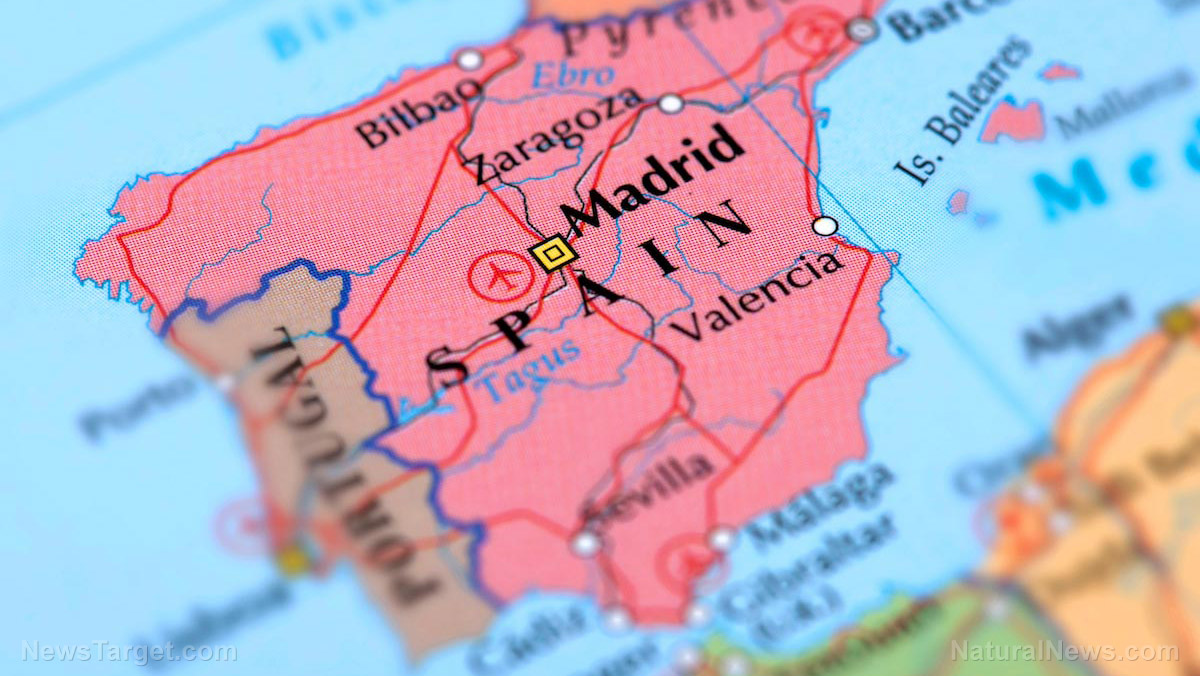California electric company admits it will NEVER be able to charge everybody’s electric vehicles
08/26/2022 / By Ethan Huff

The Golden State just enacted a new provision to phase out the sale of all gas-powered vehicles by 2035. The only problem is that the state’s energy grid is already on the verge of collapsing.
There is simply no way that tens of millions of cars, trucks and even tractor-trailers will be able to hook up for a charge all at once, day in and day out, without killing the grid and leaving the entire state in the dark.
Researchers from the University of California Irvine (UCI) say they are trying to figure out how to provide enough electricity to charge all those cars once the rule comes into effect.
“The grid does not currently have the capability to add millions of battery-electric or even fuel-cell electric vehicles today,” says Jack Brouwer, a professor of mechanical and aerospace engineering at UCI.
“So, we have some time to make reasonable investments in the grid to enable this to actually happen and to happen well.”
Southern California Edison (SCE), an electric company that provides power to some 14 million customers, says it is making those investments right now – but will it actually work?
“We have a long-term process in place to make sure we’re making smart investments in the grid today, so we’ll have the energy we need five to 10 years down the road,” says Paul Griffo, and SCE spokesman.
“In fact, Southern California Edison is investing over $5 billion in modernizing the grid, so that we can handle the additional needs of our customers in the future, including electric cars.”
If everyone drives electric cars, the grid will fail
In recent years, California has had a really hard time keeping the lights on as it is. There are apparently too many people and not enough infrastructure – and the infrastructure that does exist is outdated and overloaded.
To reinvent the wheel at this point in time in order to accommodate a massive influx of electric vehicles will be an incredible feat. You might even say it is a pipe dream that is unlikely to succeed.
California is going to try anyway, though. Various electric vehicle (EV) prototypes are being unveiled, including a hydrogen-powered vehicle that only emits water.
Brouwer says that in order for this to even have a chance at working, there will need to be more focus on not just battery-electric cars but also many other types of electric cars.
“If we try to move in this direction and only use battery electric vehicles, we will fail,” he says.
“The grid cannot charge every single transportation application. We must invest in both battery-electric vehicles and fuel-cell electric vehicles.”
His focus is on hydrogen-electric vehicles, which he says will not stress the grid that much even if half of all drivers in California buy one by the year 2035.
“Those people can fill up their cars at hydrogen stations, which are much like gas stations, and will hopefully become more available throughout the state in the coming years,” reported CBS News.
No matter how you look at it, the push to completely outlaw all gas-powered vehicles and replace them with some form of an electric vehicle is a mistake. Taking away the option is what will eventually kill California’s grid.
Unless every household and business uses solar panels that never fail, there will simply not be enough electric capacity to power everyone. Perhaps this was the goal all along: to deprive the general population of energy so they are at the behest of the state control.
The latest news about the push for electric everything to replace fossil fuels can be found at NewEnergyReport.com.
Sources for this article include:
Submit a correction >>
Tagged Under:
big government, California, Collapse, Collapsifornia, deception, electric vehicle, electricity, energy supply, EV, fossil fuels, fuel cell, Green New Deal, green power, green tyranny, grid collapse, Libtards, new energy report, power, power grid
This article may contain statements that reflect the opinion of the author
RECENT NEWS & ARTICLES
Electricity.News is a fact-based public education website published by Electricity News Features, LLC.
All content copyright © 2018 by Electricity News Features, LLC.
Contact Us with Tips or Corrections
All trademarks, registered trademarks and servicemarks mentioned on this site are the property of their respective owners.




